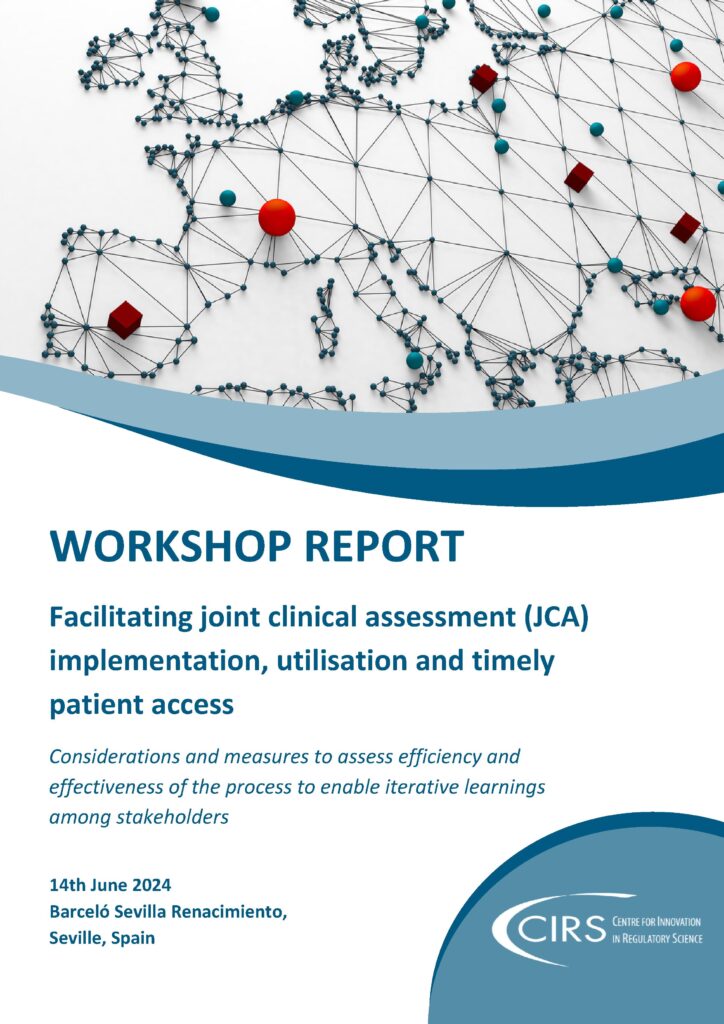The Regulation (EU) 2021/2282 on health technology assessment (HTAR) reflects a significant step towards harmonising the clinical assessment in HTA decision making across EU Member States. It aims to improve the availability of innovative health technologies for EU patients by strengthening the quality of HTA across the EU and reducing duplication of effort for national HTA agencies and industry. The new HTAR framework covers joint clinical assessment (JCA), joint scientific consultation (JSC), the identification of emerging health technologies and voluntary cooperation.
In preparation for the application of HTAR from January 2025, an HTA Coordination Group and four subgroups have been established to develop methodological and procedural guidance, based on the work of EUnetHTA21. The first implementing act – adopted in May 2024 – sets out rules and templates for JCA of medicinal products for human use. However, there are still questions and concerns regarding the practical execution of the JCA report in national reimbursement decision making. It is also key that success measures or indicators are identified to allow for continuous learning and improvement as the JCA process evolves.
In this workshop, CIRS brought together senior representatives from HTA agencies, pharmaceutical companies, payers and patient organisations to discuss their readiness for the EU HTA Regulation (HTAR) being applied from January 2025. The aim was to make recommendations on how to ensure efficient and effective implementation of the JCA at the national level and to identify metrics that will enable iterative learning among stakeholders.
This one-day workshop consisted of a series of presentation sessions, a panel session and two parallel breakout discussions. The presentations provided agency and industry perspectives on preparations for the HTAR, as well as future considerations for involvement in JCA and national implementation at the Member State level.
Workshop objectives:
- Identify current process and procedures of HTA agencies in Member States, and companies’ local submission approach: What needs to be changed or in place to move from concept to practical implementation of JCA?
- Discuss critical challenges and potential solutions for implementing JCA in the national decision-making process: What is necessary to allow agencies to focus on value-added activities in order to provide timely patient availability building on the JCA?
- Make recommendations on assessing the efficiency and effectiveness of JCA: What research is required to assess the short- and long-term goals of JCA? What indicators are required to enable iterative learning among stakeholders?

